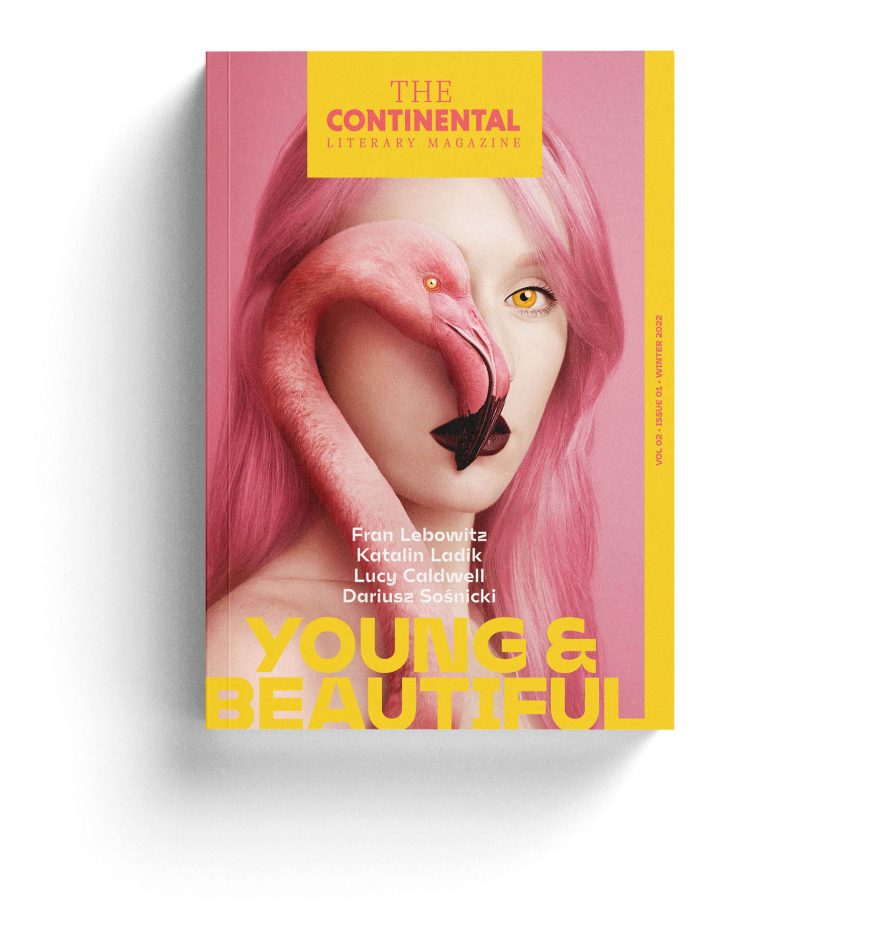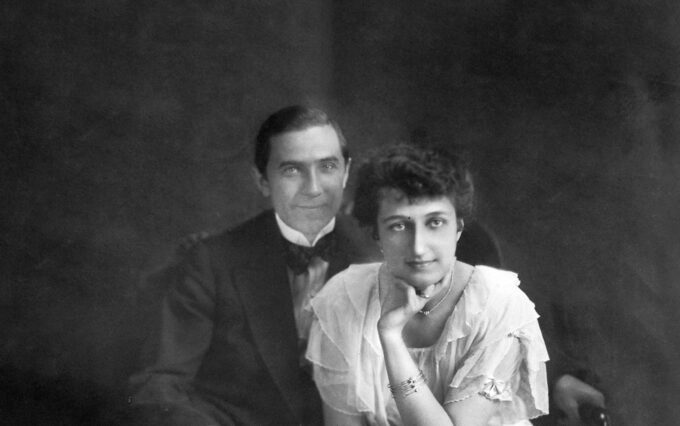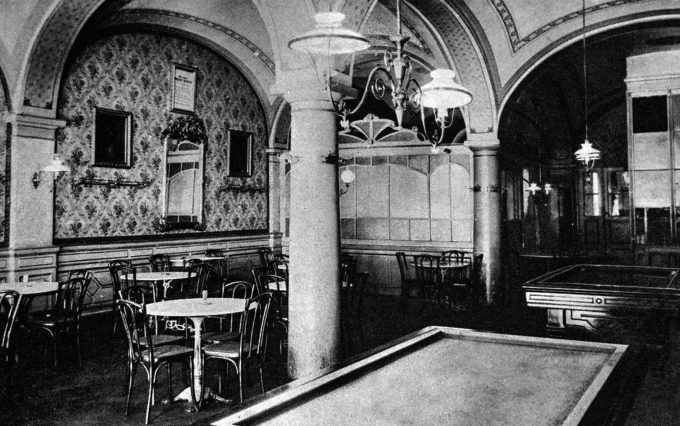
23rd August 2023
In Focus
5 minutes read
My Grandmother and Béla – Pages from a Photo Album
translated by Austin Wagner

23rd August 2023
5 minutes read
“What would you bring with you from your old life?”
This question is good fun, but only until you actually have to start packing. A few trunks, perhaps a single small suitcase, their emptiness yawning before you. You are surrounded by everything that had until now been yours, and beyond that is the great black nothing.
How many times? How many times have wives and mothers stood like this in 20th century Hungary… and then with their first movement placed a few tattered photo albums into the bottom of the suitcase.
“And who’s that?” I asked my grandmother for the thousandth time, after a bit of winter-afternoon begging finally got her to pull out the albums. At the time, of course, I knew nothing of the albums’ journey from the Buda riverside across the Soviet Union by train to Tehran, and from there, a good 10 years later and right in the middle of the war, across Turkey and Bulgaria by boat and train back to Budapest, where they still had to survive the bombing, countless moves – with ever fewer belongings – and the repeated fracturing and reuniting of the family, excepting the men who fell along the way. A six-year-old is hardly interested in such things. All they care about is: and who’s that? (Though of course they’ve long known this one here with the funny moustache is Grandma’s father, this one here is poor Lali who died at 20 in the first World War, and that one there is the eldest of Grandpa’s younger sisters, Irénke.)
“That’s Béla,”
Grandma answered grimly, flipping the page, and for many years I didn’t dig into who this Béla really was. All told, three photos of him remained: one of him sitting with Grandma in a photographer’s studio and smiling radiantly, another a portrait of him wearing an astrakhan fur hat, and a third of him embracing a statue, some kind of bird of prey, his face mostly obscured, but his hands more terrifying then the huge bird’s talons. I was a bit frightened by this last one.
Now, imagine an Art Nouveau stained-glass window after the siege. A small part of it remains to tell us how beautiful it once was, but the rest… colorful shards mixed with plaster on the floor, the frame ruined, crumbling, twisted and distended.
***
My grandmother, Babi, was the only child of lawyer Lajos Szmik and Ilona Voight, born in Buda’s Vizíváros neighborhood on June 24th, 1898, after 17 years of ever more hopeless waiting. Her parents’ happiness knew no bounds. She was given everything a well-to-do bourgeois family could give their daughter: a young German nanny, French governess, vacations on the Adriatic, visits to dear Transylvanian relatives, her own estate near Budapest where she could run about with her cousins under the plentiful fruit trees, pots of jams and tomatoes simmering throughout the summer. For winter it was ice skating, piano and singing lessons, opera, theater, balls. Great-grandfather twirled his legendary moustache and grumbling, smiling, paid the bills of the seamstress and the milliner. All that mattered was that he see this girl, the only one, happy.
On June 24th, 1914, they celebrated her 16th birthday on the estate. All of the cousins, uncles, and aunts were there, and every prospective suitor there was to speak of: sons of friends, university students, doctors-in-training, lawyers, young captains, the guests altogether totaling around 50 people. A sagging dinner table, paper lanterns in the garden, a Gypsy band playing waltzes on the terrace.
“And then I was overcome with such a horrible fit of sobbing that I all but died,” Grandma mused over the photo album 50 years later as she told me the story. “They laid me down, the doctor calmed me, Mother placed a wet cloth on my forehead. Nobody knew what the matter was. Nor did I. All I knew was that in my entire life, I would never be happier than I was in that moment.”
Not five weeks had passed before the war broke out. Three years later, not a single one of the boys from the party was still living.
***
The youngest son of bank director István Blaskó and Paula Vojnich was born in Lugos on October 20th, 1882. He’s 12 years old when his father dies. I’ve no idea what happens with his family and three elder siblings at that time, but the young man runs away from home, makes his living doing odd jobs, and eventually becomes an actor. At 20 years old, his second attempt to join the National Actors Company is successful.
Already known by the name Béla Lugosi, he performs with provincial companies in Temesvár
(Timișoara) and later Debrecen and Szeged, with greater and greater success. From 1911, he is a member of the National Theater of Budapest. In March of 1914 he gets his first leading role. By the autumn season he takes up an entirely different role: he enlists at the end of August, and five months later returns to the capital with serious injuries. In March of 1916 he has a nervous breakdown on the Italian front, is decorated, and honorably discharged. He does not return to the battlefield. He works at theaters, lands roles, and lives.
Why did I never ask my grandmother where she met Béla?
FULL VERSION AVAILABLE IN THE PRINT EDITION
Cover image:
Fortepan / Noémi Saly








